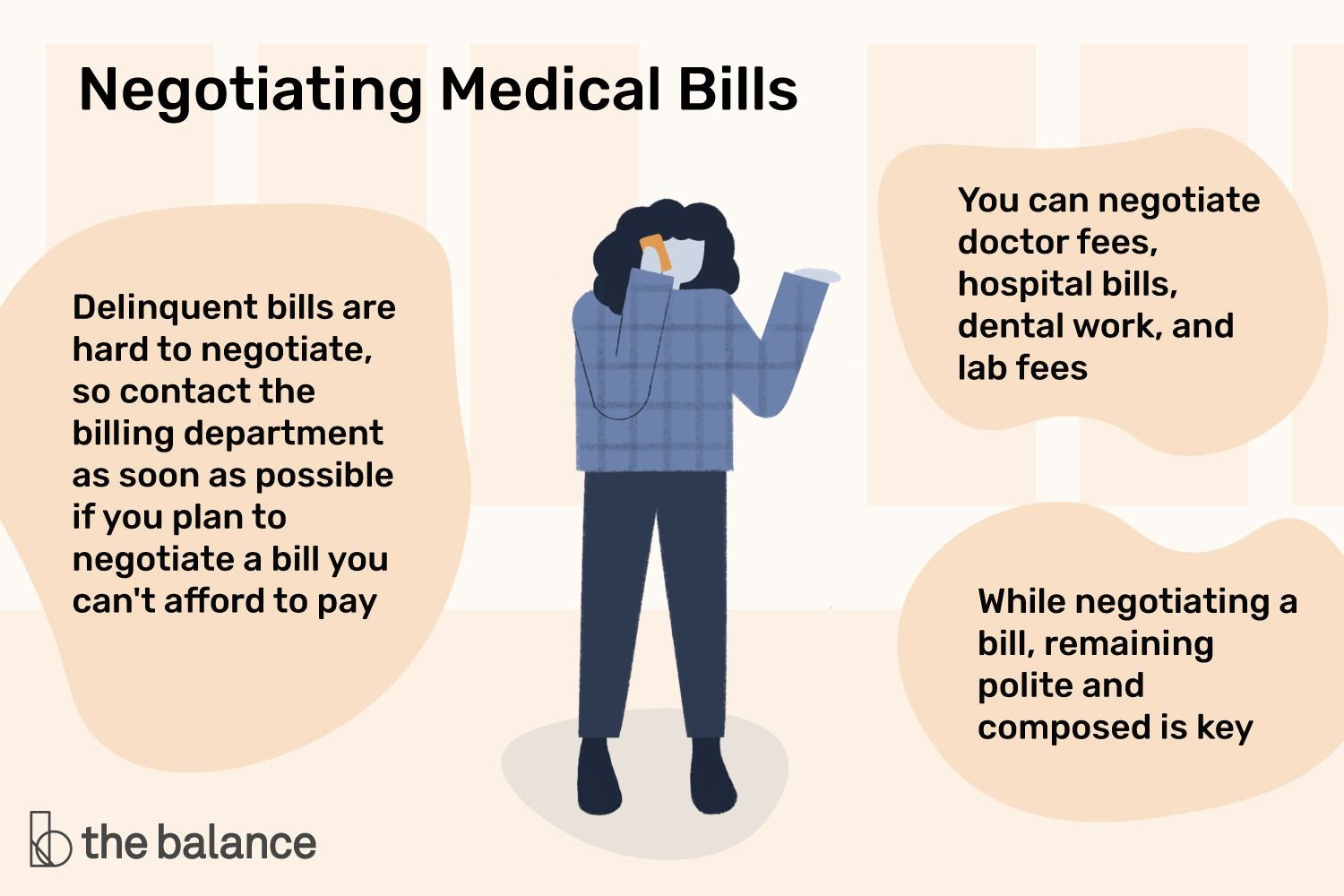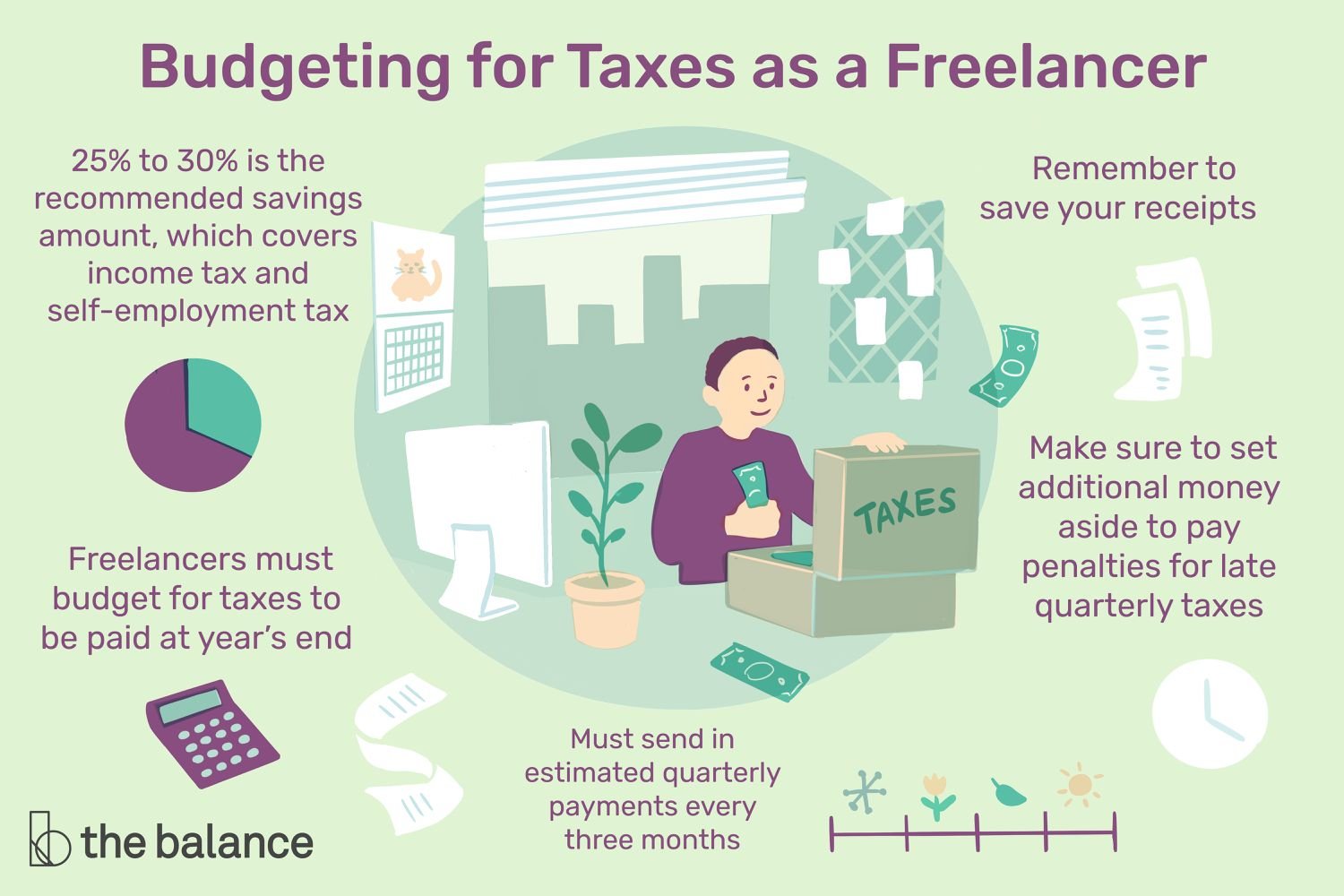If you’re embarking on a home renovation project and find yourself wondering how to create a budget, look no further! We’ve got the solution you need to ensure your project stays on track financially. Creating a budget for a home renovation may seem daunting, but with the right approach, it can be a straightforward and stress-free process. In this article, we’ll guide you through the steps to create a budget that works for you, allowing you to focus on bringing your dream home to life. So, let’s dive right in and explore how to create a budget for a home renovation.
How to Create a Budget for a Home Renovation
Embarking on a home renovation project can be an exciting endeavor. Whether you’re updating your kitchen, remodeling your bathroom, or adding an extension to your home, it’s essential to have a well-planned budget in place. Creating a budget for a home renovation will not only help you stay organized but also ensure that you don’t overspend. In this article, we will guide you through the process of creating a comprehensive and realistic budget for your home renovation project, step by step.
Evaluate Your Needs and Wants
Before diving into the financial aspects, take some time to evaluate your needs and wants for the renovation. Assess the areas of your home that require attention and prioritize them based on urgency, functionality, and your personal preferences. This will help you determine where to allocate your budget and make informed decisions during the planning process.
Research and Gather Information
To create an accurate budget, it’s crucial to gather information about the renovation project. Research various designs, materials, and construction techniques to get an idea of the overall cost. Reach out to contractors, architects, or interior designers to get estimates or quotes for the work involved. Collecting this information will enable you to have a realistic understanding of the expenses involved and avoid any surprises later on.
Evaluate Your Finances
Once you have a clear idea of the renovation project’s scope and cost, it’s time to evaluate your finances. Take a close look at your current financial situation, including your savings, income, and any available funds. Consider how much you can comfortably allocate to the renovation without compromising your financial stability.
Identify Available Funding Sources
If your savings don’t cover the entire renovation cost, explore other potential funding sources. Some common options include:
- Home Equity Loan: If you have substantial equity in your home, you may be eligible for a loan based on this value.
- Personal Loan: Consider applying for a personal loan to cover the renovation expenses.
- Credit Card: While this should be your last resort due to high-interest rates, a credit card can provide short-term financing options for smaller renovation projects.
- Government Grants or Programs: Research if there are any government grants or programs available that can assist with home renovation costs.
Set a Realistic Budget
Based on your financial evaluation and the information gathered, set a realistic budget for your home renovation project. It’s important to be practical and leave some room for unexpected expenses that may arise during the process. Aim to strike a balance between your desired outcomes and what you can comfortably afford. It’s better to be conservative in your estimates to avoid potential financial strain.
Break Down Your Budget
To have better control over your finances throughout the renovation, break down your budget into different categories. This will help you allocate funds more efficiently and track expenses more accurately. Here are a few categories to consider:
Construction and Labor Costs
The largest portion of your budget will typically go towards construction and labor costs. This includes hiring contractors, subcontractors, or builders, as well as purchasing the required materials. Obtain quotes from multiple professionals to compare prices and ensure you’re getting a fair deal.
Permits and Fees
Don’t forget to allocate funds for permits and any associated fees. Many home renovation projects require specific permits and inspections, so make sure you factor in these costs to avoid delays or penalties.
Design and Architectural Fees
If you’re working with an architect or interior designer, account for their fees within your budget. These professionals play a crucial role in ensuring your vision is executed successfully, so it’s important to allocate funds for their expertise.
Fixtures, Furnishings, and Appliances
Consider the cost of fixtures, furnishings, and appliances that you plan to incorporate into your renovated space. This may include items such as kitchen cabinets, bathroom fixtures, light fixtures, flooring, and appliances. Research prices and set aside an appropriate amount for these elements.
Contingency Fund
It’s essential to have a contingency fund set aside for any unexpected expenses or changes to the scope of the project. A good rule of thumb is to allocate around 10-20% of your total budget for contingencies. This will provide a safety net for any unforeseen circumstances that may arise during the renovation process.
Track Your Expenses
Once your renovation project is underway, it’s crucial to track your expenses diligently. This will help you stay within your budget and identify any areas where adjustments may be needed. Use a spreadsheet, budgeting software, or expense tracking apps to keep all your receipts and invoices organized and easily accessible.
Communicate and Adjust as Needed
Maintaining open communication with your contractors and professionals involved in the renovation is vital. Regularly communicate with them to ensure the project is progressing as planned and to address any concerns or issues promptly. If necessary, make adjustments to your budget along the way, particularly if unexpected costs arise or if you decide to make changes to the initial plan.
Creating a budget for a home renovation is an essential step in ensuring a successful and stress-free project. By evaluating your needs and wants, gathering information, and evaluating your finances, you can set a realistic budget. Breaking down your budget into categories, tracking expenses, and maintaining open communication will help you stay on track and within your financial means. Remember, a well-planned and thoughtfully executed renovation can enhance your home’s value and your overall quality of life.
You CAN Renovate On a Budget in 2023
Frequently Asked Questions
Frequently Asked Questions (FAQs)
1. How do I create a budget for a home renovation?
To create a budget for a home renovation, follow these steps:
- Determine your renovation goals and priorities.
- Research and estimate the costs of materials, labor, and permits.
- Set a realistic budget based on your financial situation.
- Allocate funds for unexpected expenses or contingencies.
- Create a detailed spreadsheet or budgeting tool to track expenses.
- Monitor your spending throughout the renovation process.
- Make adjustments as needed to stay within your budget.
- Review the final costs and compare them to your initial budget to learn from the experience.
2. What factors should I consider when creating a renovation budget?
When creating a renovation budget, consider the following factors:
- The scope of the renovation project
- The size and layout of your home
- The quality of materials and finishes you desire
- The complexity of the design and construction work
- The cost of hiring professionals or contractors
- The timeframe for completing the renovation
- The need for permits or inspections
- The potential for unexpected expenses or changes
3. How can I estimate the costs of a home renovation?
To estimate the costs of a home renovation, you can:
- Get quotes from contractors and suppliers
- Research average costs for similar projects
- Use online cost estimation tools
- Consult with professionals in the industry
- Factor in additional expenses such as permits and contingencies
4. How can I manage unexpected expenses during a home renovation?
To manage unexpected expenses during a home renovation:
- Include a contingency fund in your budget
- Research and plan for potential surprises or hidden costs
- Get multiple quotes from contractors to compare prices
- Keep a detailed record of expenses and track your spending
- Communicate openly with your contractor about budget concerns
5. Is it possible to save money on a home renovation without compromising quality?
Yes, it is possible to save money on a home renovation without compromising quality. Here are some tips:
- Shop around for the best prices on materials and fixtures
- Consider alternative, cost-effective options for finishes and furnishings
- Do some of the work yourself if you have the necessary skills
- Hire a reputable contractor who offers competitive pricing
- Plan the renovation carefully to avoid unnecessary changes or delays
6. Should I hire a professional or DIY my home renovation?
Deciding whether to hire a professional or DIY your home renovation depends on several factors:
- Your level of expertise and experience in renovation projects
- The complexity and size of the renovation
- Your availability to dedicate time to the project
- Your budget and the cost savings associated with DIY
- The need for permits or specialized skills
7. How can I stay within my home renovation budget?
To stay within your home renovation budget:
- Keep a detailed record of all expenses
- Regularly review and update your budget as needed
- Research and compare prices for materials and services
- Prioritize your renovation goals and allocate funds accordingly
- Communicate openly with your contractor about budget constraints
8. What are some common mistakes to avoid when budgeting for a home renovation?
Some common mistakes to avoid when budgeting for a home renovation include:
- Underestimating the costs of materials and labor
- Not accounting for permits or inspection fees
- Ignoring potential hidden expenses or unforeseen issues
- Failure to set aside a contingency fund
- Overlooking the cost of temporary accommodations during the renovation
Final Thoughts
In conclusion, creating a budget for a home renovation is a crucial step in ensuring the project stays on track financially. By following a few simple guidelines, you can effectively manage your expenses and avoid overspending. Start by determining your renovation goals and priorities, then research the costs involved and set a realistic budget. Be sure to include all necessary expenses, such as materials, labor, permits, and unforeseen costs. Regularly track and review your spending to stay within budget and make adjustments as needed. By carefully planning and monitoring your expenses, you can successfully create a budget for your home renovation project.



